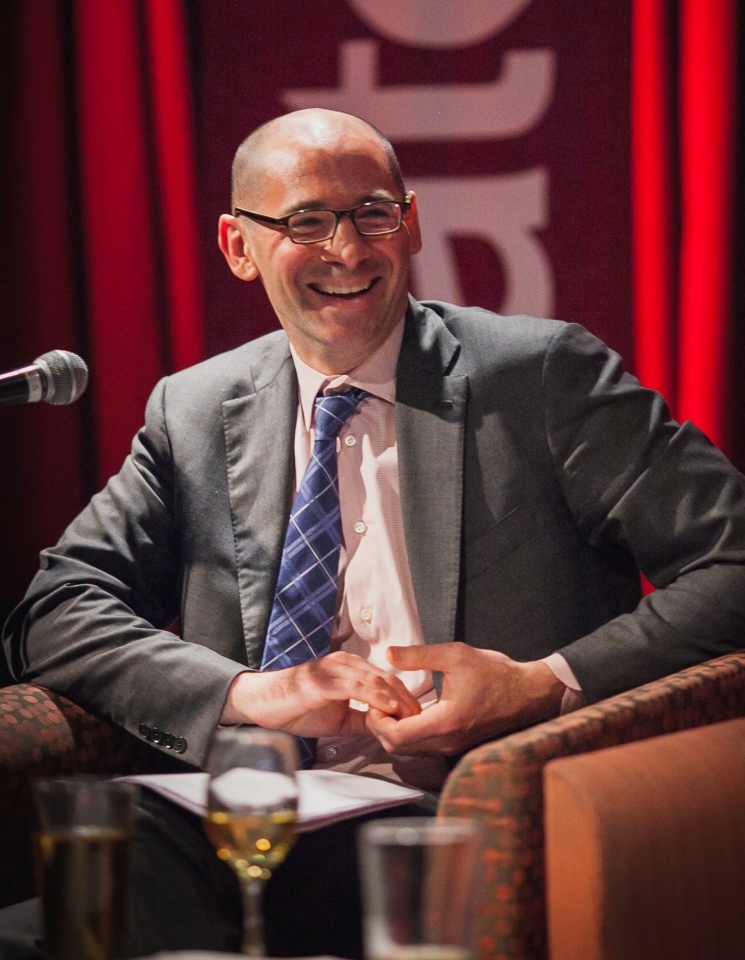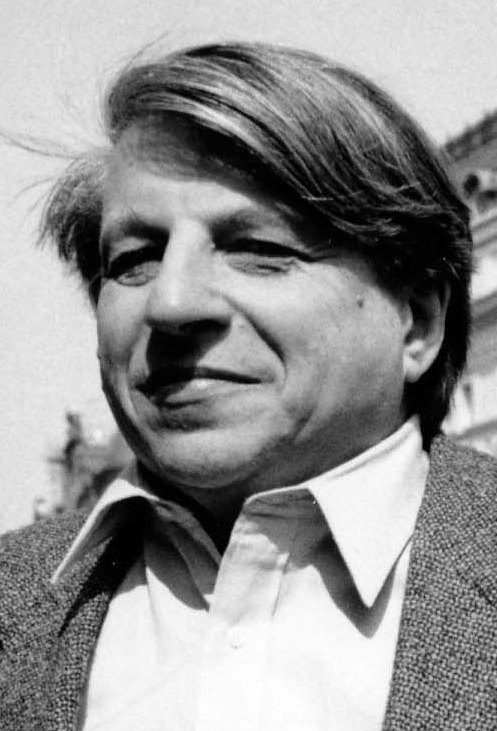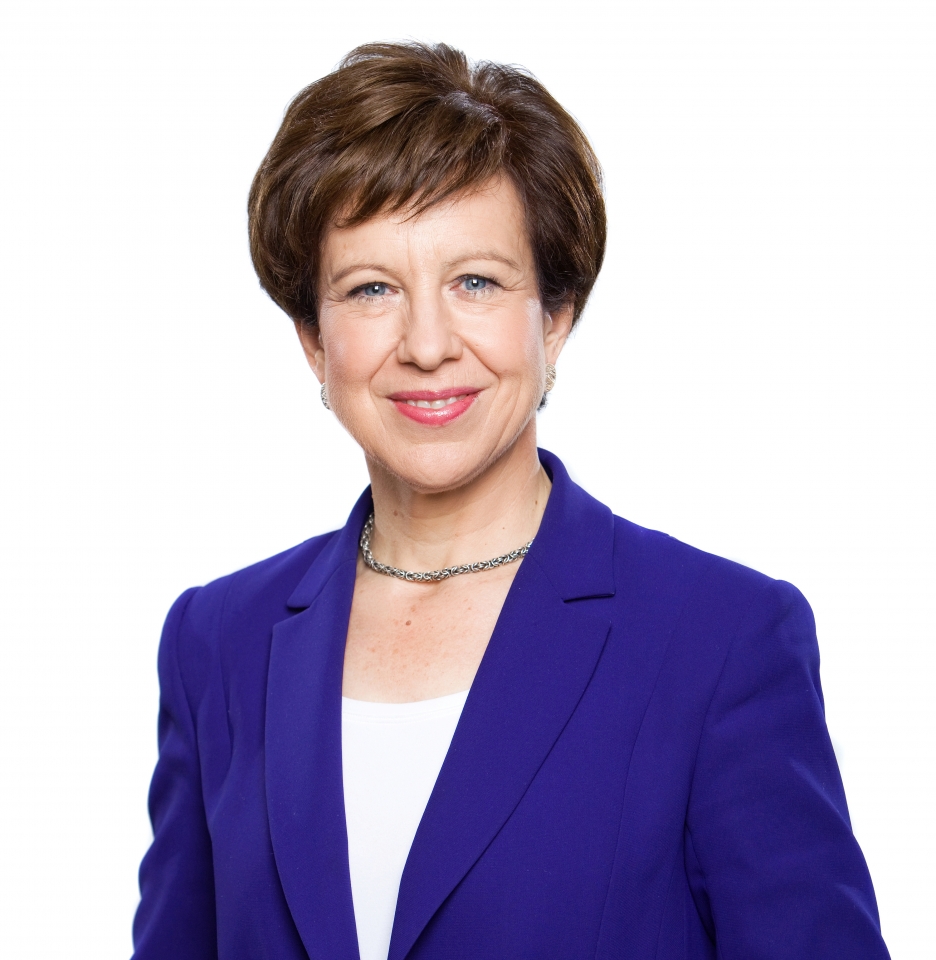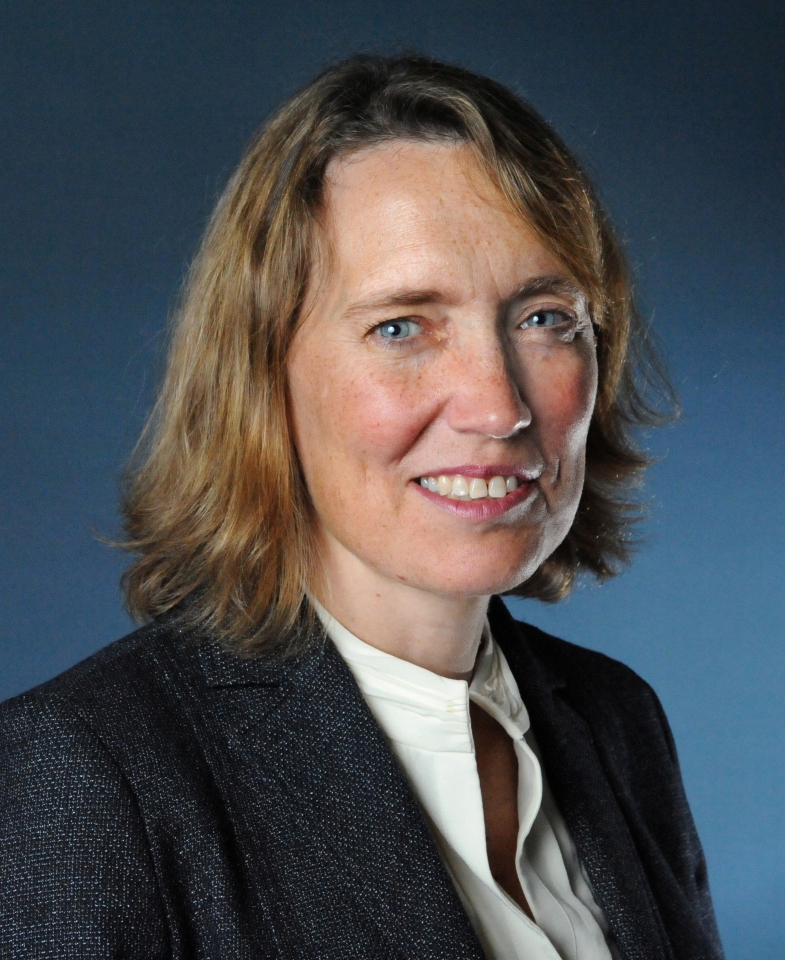Christine McKenna Federation for the Humanities and Social Sciences
A popular description of the creative mind is the ability to “think outside the box”, to consider what options are available beyond the cardboard walls of tradition and the Styrofoam peanuts of habit. Sometimes, what comes in one box isn’t sufficient, and solutions may be found in the contents of another; innovation requires the understanding that “the box” is not “the only box” – there are many different boxes, each package a unique configuration of ideas – and they aren’t necessarily sealed. At Congress 2013, Daniel Weinstock’s Big Thinking lecture explored how divisive social issues may be addressed by integrating various ideologies to create a workable compromise (kind of like this, but with ideas instead of IKEAs). Socially valuable ideas can be formed and progress can be made by acknowledging differences, yet not treating them as barriers – or in other words, by recognizing borders, but not adhering to boundaries.
“Borders without Boundaries” is the theme for the next Congress of the Humanities and Social Sciences, which will be held at Brock University in St. Catharines, Ontario from May 24th-30th, 2014. The theme is both a nod to the location’s close proximity to the United States border, and an invitation to explore beyond traditional disciplinary, historical, cultural and social boundaries. Congress 2014’s Big Thinking lineup includes, as always, a selection of influential speakers and thinkers “outside the box”, who will present forward-thinking research, ideas, and solutions from across borders and beyond “boundaries”:
David Plotz is an American journalist and editor of Slate magazine. He is the author of The Genius Factory: The Curious History of the Nobel Prize Sperm Bank (2005) and Good Book: The Bizarre, Hilarious, Disturbing, Marvelous, and Inspiring Things I Learned when I Read Every Single Word of the Bible (2009).
Benjamin Barber is an American political theorist and author of the 1996 bestseller Jihad vs. McWorld. He is the current president and founder of the Interdependence Movement and the NGO "CivWorld", as well as Senior Research Scholar at The Center on Philanthropy and Civil Society of The Graduate Center, City University of New York, and Walt Whitman Professor of Political Science Emeritus at Rutgers University.
Lyse Doucet is BBC’s Chief International Correspondent, who also presents for BBC World TV and World Service Radio. She played a key role in the BBC’s coverage of the Arab Spring, and her work has also focused on major natural disasters such as the Indian Ocean tsunami and the more recent Pakistan floods. Before joining the BBC’s team of presenters in 1999, Lyse spent 15 years as a BBC foreign correspondent with postings in Jerusalem, Amman, Tehran, Islamabad, Kabul and Abidjan.
Catherine Dauvergne is an Associate Professor at the University of British Columbia Faculty of Law, and the recipient of the Pierre Elliott Trudeau Foundation Fellowship (2012) for her work in the area of immigration and refugee law in Canada and around the world. Her research is grounded in a belief that how we define and police the boundaries of our societies determines the terrain of our political engagements and says much about our national identity.




